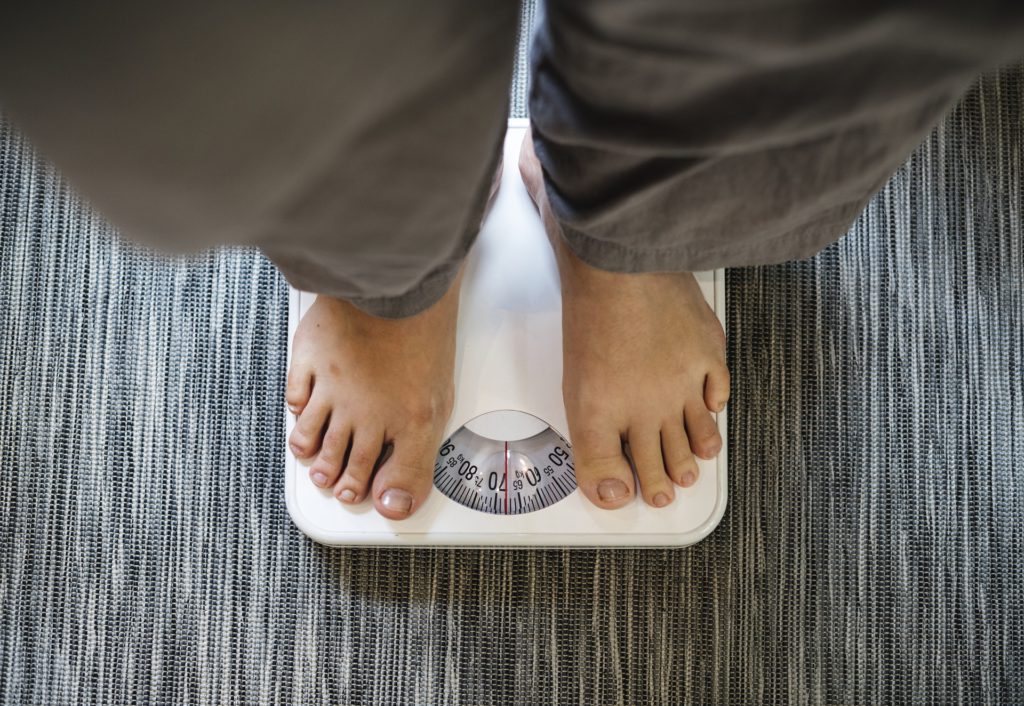When you have an autoimmune disorder, one of the unfortunate side effects you may experience is drastic changes in your weight. You may be gaining or losing too much weight, which can lead to other health issues. Fortunately, you can manage these changes by integrating a balanced and healthy diet along with proper exercise.
When autoimmune disorders aren’t under control, you may experience weight loss. The medication that you take can also contribute to these changes. Because of this, many people are looking for autoimmune disorder treatments and programs that can manage these disorders and keep their bodies and weight at a healthy level.
If you’re wondering what you can do to help control your weight when you have an autoimmune disorder, read on. Here’s everything you need to know about the lifestyle changes you can do to control weight changes caused by an autoimmune disorder.
Start an active lifestyle
Sadly, many people with autoimmune disorders believe that exercising might do more harm than good. These people are discouraged from living an active lifestyle and taking things easy because the physical activity may overstress their bodies. However, physical activity is exactly what your body needs when you have an autoimmune disorder.
If you have an autoimmune disorder, staying active to the degree that your body can handle is a significant investment. In the long run, it will help manage your weight, aid in balancing your hormones, and improve your well-being and headspace.
Exercises, such as yoga, Pilates, stretching, or anything focused on flexibility, are recommended programs you can do if you have a disorder. These exercises are low-impact but are high-intensity workouts that your body can handle even with a condition.
However, if you want to incorporate cardio, like swimming or biking, you’ll have to seek medical assistance or visit Health Optimizing Langley to get a full-body assessment to know if your body can handle these activities.
At Health Optimizing Langley, they’ll use state-of-the-art technology to analyze cell activity and look for inflammation responses in your body.
Begin a conscious and healthy diet
Most doctors will suggest creating a healthier meal program as one of the autoimmune disorder treatments people should follow. This is because when your autoimmune disorder progresses, you may face a loss of mobility and may experience an increase in pain and muscle spasms. When you’re experiencing these symptoms, one of the best ways to manage them is by changing your diet.

If you want to start changing your diet program, make sure that you’re not depriving yourself of food. Instead, you are creating a healthy and balanced diet so that your body gets a sufficient amount of nutrients to help your body function. You should include vegetables, fruits, whole grains, meats, and low-fat dairy. You should keep your sugar intake in moderation to help maintain your weight.
Setting a meeting with a dietitian or a nutritionist who can help you create an effective diet program will help address your weight management concerns.
Conclusion
When you have an autoimmune disorder, weight gain is one of the unfortunate side effects you’ll have to deal with. Thankfully, there are ways for you to control this, and it requires a lot of discipline and being conscious of what you consume. Autoimmune disorder treatments may vary for different people but finding the right one that works for you and your condition will benefit you in the long run. Make regular visits to your doctor, improve your wellness, and watch your quality of life improve.
Health Optimizing Langley offers programs that support depression and anxiety, Hashimoto disease, and autoimmune disorder treatments in Surrey, BC. We use state-of-the-art technology to measure your body’s cell activity and inflammation responses. Learn more about our services today!




